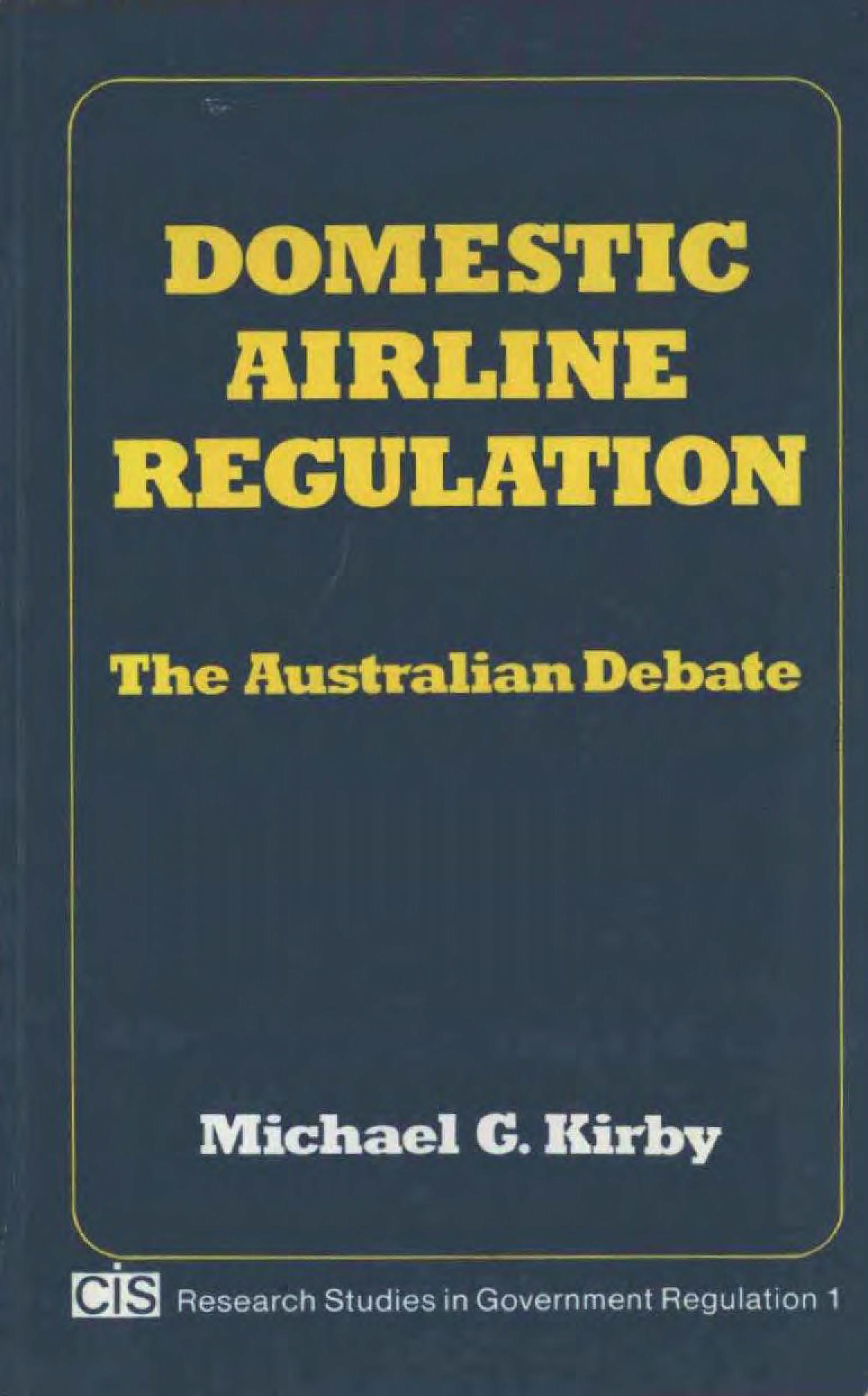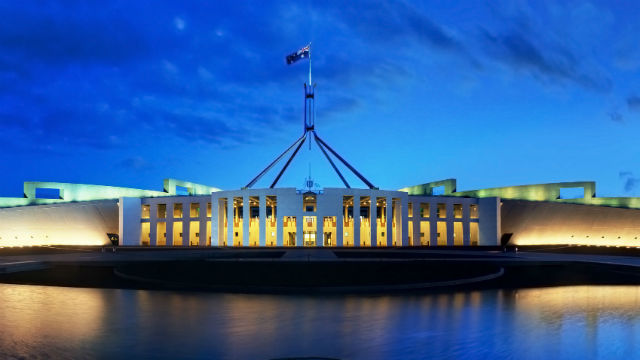
Government regulation of an increasing level of economic activity has become a feature of modern life . The traditional justification for economic regulation is that intervention is needed to correct so-called ‘market failure’ and is thus intended to serve the public interest. There is, though, some degree of argument as to the extent of market failure. This argument has become more current given the evidence of the failure of government to deal in any satisfactory way with some of the problems it has set out to
cure through intervention.
Perhaps markets do fail, but it may be that the costs of ‘government failure’ are far greater. Some argue that the failure of the regulatory process to achieve its ends in correcting the performance of the market is sound enough reason on grounds of efficiency for abandoning regulation altogether. Others argue, with increasing force that any interference with the voluntary market process inevitably leads to unwanted side-effects.
There are aspects to government regulation which can never be fully appreciated — often because the effects are unseen. These include the burden of costs of compliance with the regulations upon individuals and companies (and their
customers). More fundamentally, regulation leads to a serious disruption of the market process itself, resulting in myriad foregone innovations and lost opportunities due to the stifling nature of many regulations. This disruption of the market process has another aspect. An unregulated market generates a discovery process under competition which regulation hinders. The competitive market process is a way of discovering who can do a job best in given circumstances. The person (or company) who does best is not the same in all circumstances, but will change as conditions change. Regulation acts as if to decide the winner in the competition stakes in advance and to prevent those who may wish to join the race from competing on anything like equal terms. The costs to efficiency and consumer welfare may then be very high.
This first study by Michael G. Kirby, an economist from the Australian National University, is a substantial piece of research into the regulation of an industry which exhibits some of the more notorious side-effects of regulation. To Australians, the existence of the Two-Airline Policy, and regulation of the airways in general, have come to signify the problems of regulation of industry in a highly visible way. The presence of a government-owned airline has not
helped matters. The continual public squabbling over some aspect or other of government policy as it affects the domestic airline industry has not only diverted the government away from its more legitimate functions, but has made sure that the machinations of airline regulation are continually dragged into the daily press. Is the fact that an airline serves sandwiches or chicken really worthy of front-page headlines? In short, the whole issue has become one of unnecessary prominence, reflecting the inordinate social cost
of making such decisions in a political process.










